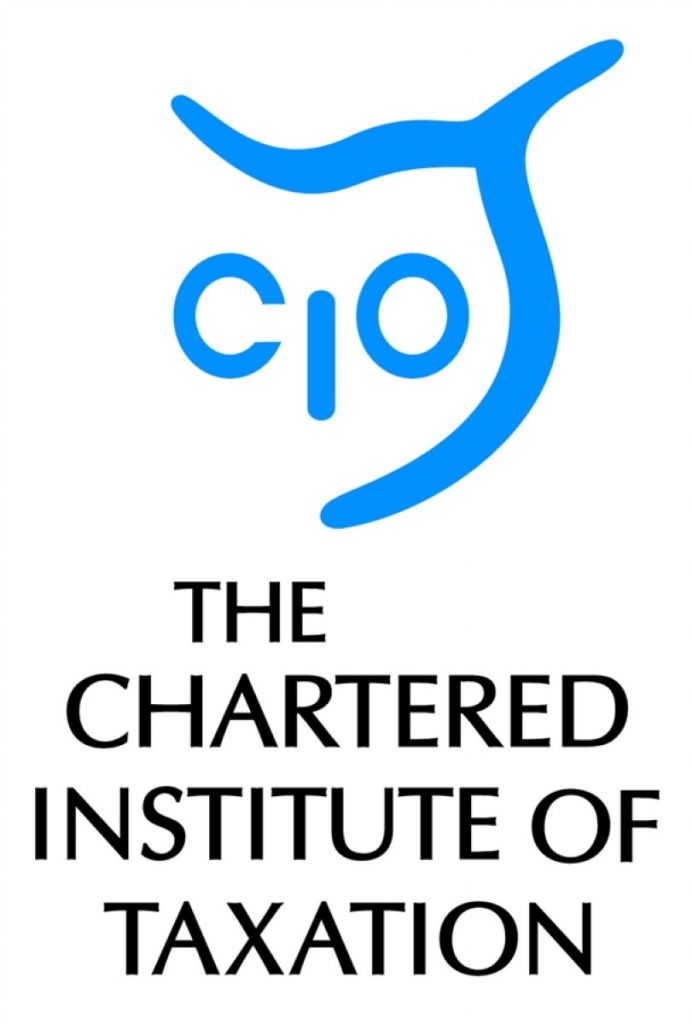CIOT: HMRC to give helping hand to representatives of the disadvantaged
Along with other voluntary and community sector organisations, the Low Incomes Tax Reform Group (LITRG) has long advocated a better method by which HMRC recognises and deals with informal taxpayer representatives, such as family and friends of older or disabled taxpayers.
We are therefore pleased to see that HMRC have responded to those concerns by launching their new ‘deemed consent’ service for income tax enquiries, effective from November 12th.
LITRG has long voiced concern that the current system for processing security and authorisation is antiquated and cumbersome; it is unfair that those who help the disadvantaged should be faced with onerous form filling, confusing security passwords and long delays. Most recently, earlier this year we submitted a response to an HMRC Consultation concerned with finding new approaches to support customers in need of extra help.1 Our response stressed the need for greater flexibility for vulnerable taxpayers to enable representation by friends and family, on whom they may be entirely dependent to manage their tax affairs, by producing a more effective streamlined model.
Anthony Thomas, Chairman of LITRG, said:
“While HMRC is rightly concerned to respect taxpayer confidentiality, those who volunteer to help other taxpayers who are friends or relatives of theirs should be aided by a simple and effective system for doing so. It must also be recognised that many taxpayers are simply unable to afford a professional service to manage their tax affairs."
"We are, therefore, encouraged that these new provisions will allow those informal representatives to speak to an adviser and request written details of the taxpayer’s record, duplicate tax returns, copies of letters and forms and book a home visit.2 This will not only reduce the administrative burden on HMRC and taxpayers but will be especially comforting to those who may not speak English as their first language, are suffering a disability, mental health issue, recent bereavement, or simply struggle to understand their tax duties."
“We remain concerned that copy and duplicate paper outputs requested will still be delivered to the taxpayer themselves rather than their representative; a representative can only receive taxpayer copies if the proper authority is granted and by filling in a form 64/8. Also important to note is that this service will only be available, initially, for income tax related queries."
“Ultimately, this will help to bridge the gap for those who may have sought help previously from HMRC Enquiry Centres where that service may now be closed. HMRC will monitor how successful the new service is for income tax, and later decide whether to extend it to queries on Tax Credits, Child Benefit and National Insurance."
“While we very much welcome this initial step, we hope it will not stop there, and that HMRC will learn from other departments such as the DWP where deemed consent already works well.”
Notes to editors
1. The full response of the Low Incomes Tax Reform Group can be found here.
2. The usual details will be required at the start of the call (taxpayer name, address, national insurance number) and then in addition the representative must declare their own name and the relationship to the taxpayer they are helping.
3. Further information can be obtained here.
4. If you wish to get in touch with LITRG, click here.
5. The Low Incomes Tax Reform Group (LITRG) is an initiative of the Chartered Institute of Taxation (CIOT) to give a voice to the unrepresented. Since 1998 LITRG has been working to improve the policy and processes of the tax, tax credits and associated welfare systems for the benefit of those on low incomes. Everything we do is aimed at improving the tax and benefits experience of low income workers, pensioners, migrants, students, disabled people and carers.
LITRG works extensively with HM Revenue &Customs and other government departments, commenting on proposals and putting forward our own ideas for improving the system. Too often the tax and related welfare laws and administrative systems are not designed with the low-income user in mind and this often makes life difficult for those we try to help.
6. The Chartered Institute of Taxation (CIOT) is the leading professional body in the United Kingdom concerned solely with taxation. The CIOT is an educational charity, promoting education and study of the administration and practice of taxation. One of our key aims is to work for a better, more efficient, tax system for all affected by it – taxpayers, their advisers and the authorities. The CIOT’s work covers all aspects of taxation, including direct and indirect taxes and duties. Through our Low Incomes Tax Reform Group (LITRG), the CIOT has a particular focus on improving the tax system, including tax credits and benefits, for the unrepresented taxpayer.
The CIOT draws on our members’ experience in private practice, commerce and industry, government and academia to improve tax administration and propose and explain how tax policy objectives can most effectively be achieved. We also link to, and draw on, similar leading professional tax bodies in other countries. The CIOT’s comments and recommendations on tax issues are made in line with our charitable objectives: we are politically neutral in our work.
The CIOT’s 17,000 members have the practising title of ‘Chartered Tax Adviser’ and the designatory letters ‘CTA’, to represent the leading tax qualification.





-01.png)